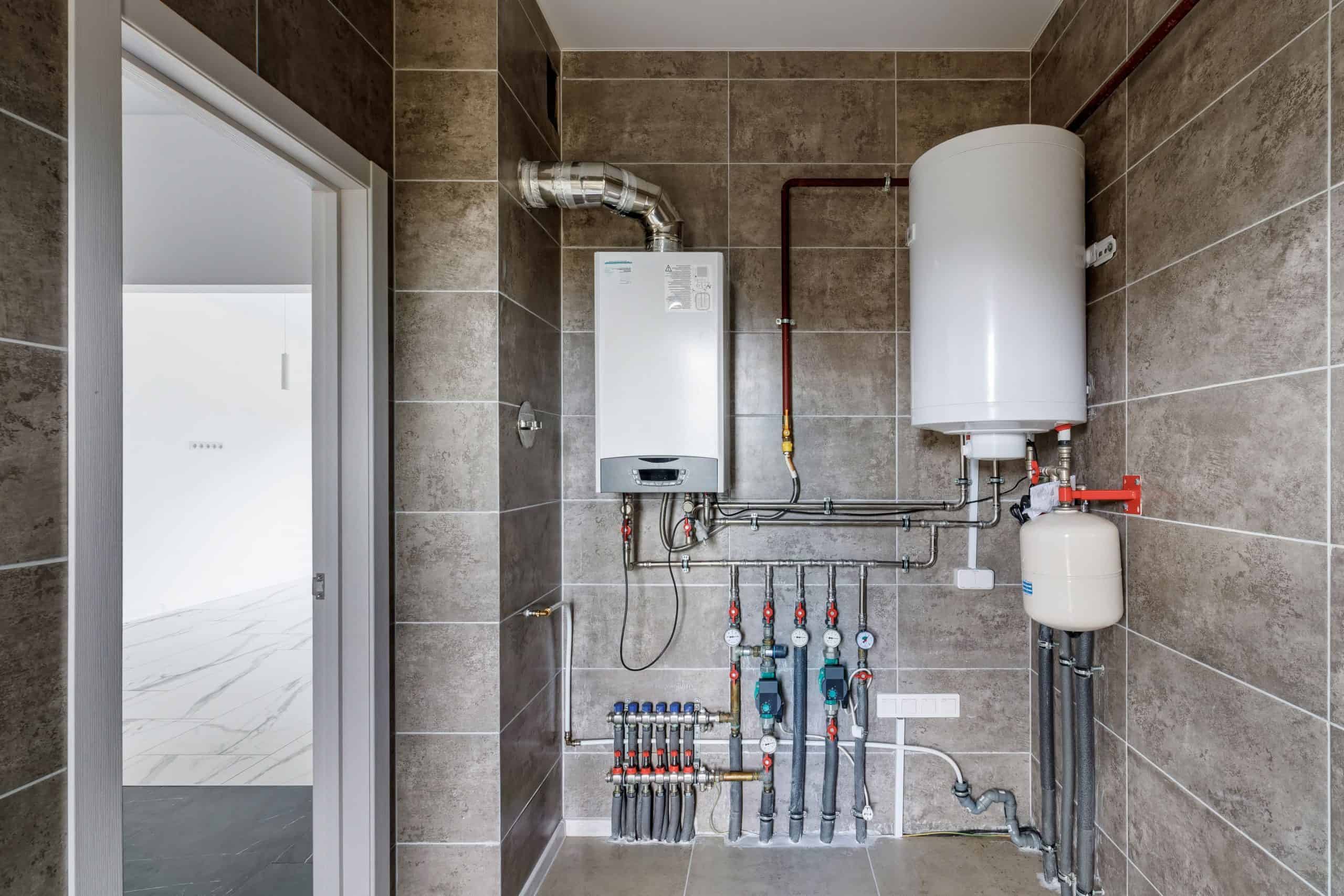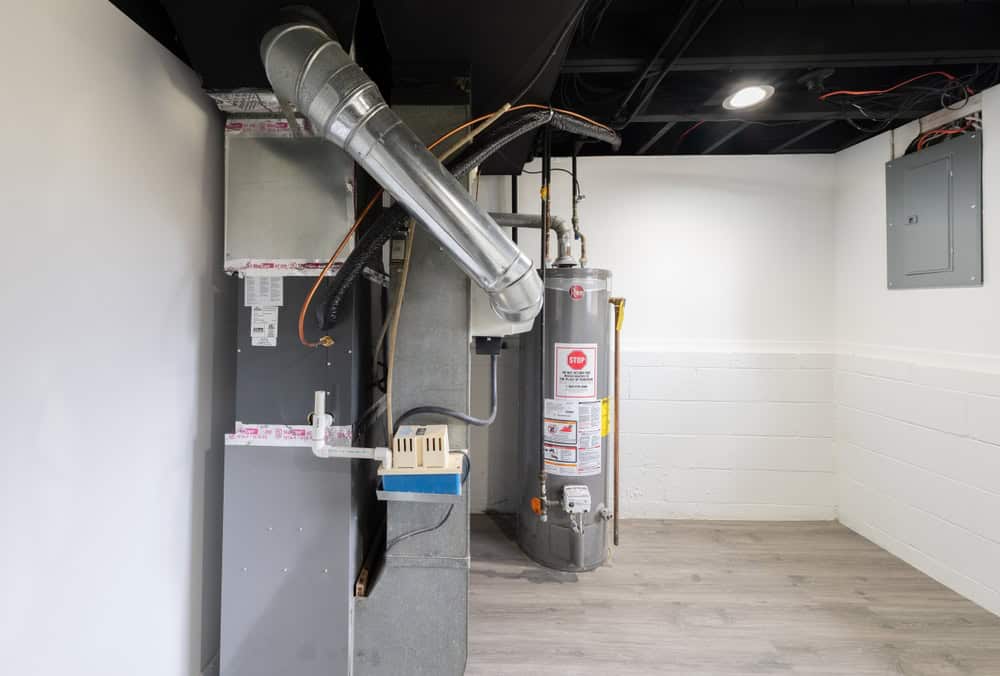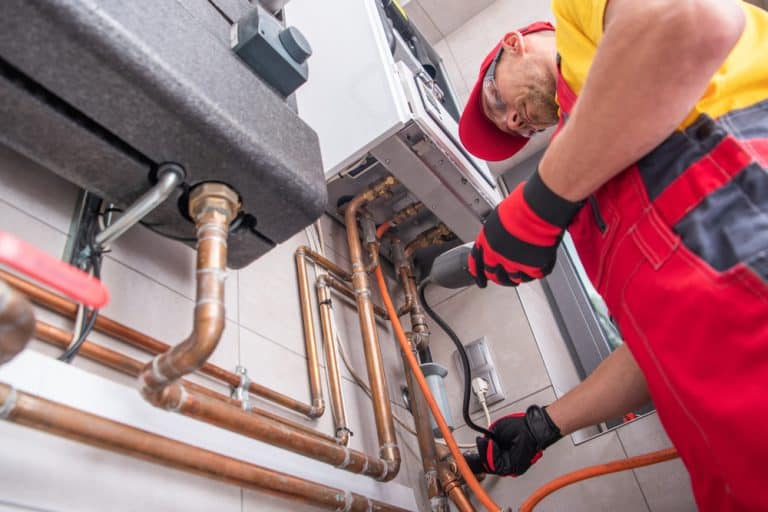
Hear from Our Customers

Your heating bills drop by 30-50% starting with your first gas bill. No more scheduling oil deliveries or watching tank levels. No more price spikes when oil costs jump.
You’ll have consistent heat throughout your home without the temperature swings that come with oil systems. Your home’s value increases immediately – buyers actively look for gas heat when house hunting in Boston.
The environmental impact matters too. Natural gas burns cleaner than oil, reducing your carbon footprint while keeping your family comfortable year-round.
We’ve been serving Boston homeowners for over 17 years, starting in new construction and expanding into the service and repair work that really matters to families. We know Boston’s older homes and the unique challenges they present.
Our team handles every aspect of your conversion – from gas line installation to permit applications to final inspections. We work with National Grid and local inspectors regularly, so there are no surprises or delays.
You get upfront pricing before we start, 1-year labor warranties on all conversion work, and 24/7 emergency service if anything needs attention after installation.

We start with a site assessment to determine the best route for your new gas line and evaluate your current heating system. Most Boston homes need gas lines run from the street connection to your basement or utility area.
Next comes permit applications and scheduling inspections with the city. We handle all paperwork and coordinate with National Grid for any street-side work needed. Your oil system stays operational during this phase.
Installation typically takes 1-2 days depending on your home’s layout. We install the gas line, connect your new equipment, test everything for leaks and proper operation, then schedule final inspections. You’re heating with gas within days of starting the project.

Ready to get started?
Your conversion includes complete gas line installation from the street connection to your heating equipment. We handle all permit applications, coordinate utility connections, and schedule required inspections with Boston’s building department.
Boston’s older homes often need additional considerations like basement access improvements or updated electrical connections. We identify these needs upfront so there are no surprise costs later.
Every conversion comes with pressure testing, leak detection, and full system commissioning. We also provide a complimentary main sewer line camera inspection for new customers – a $200 value that helps identify potential issues before they become expensive problems.

Most Boston homeowners spend $3,500-$8,000 for complete oil to gas conversion, depending on the distance from street gas lines to their heating system and any additional electrical work needed. Homes closer to existing gas mains cost less, while properties requiring longer gas line runs or electrical upgrades cost more.
The investment typically pays for itself within 2-3 years through lower heating bills. Boston residents save an average of $1,500-$2,500 annually after converting from oil to gas.
We provide detailed written estimates that break down all costs upfront. No hidden fees or surprise charges – you’ll know exactly what you’re paying before we start work.
Most conversions take 3-5 business days from start to finish, including permit approvals and inspections. The actual installation work typically takes 1-2 days, but we need time for city permits and National Grid coordination.
Boston requires permits for gas line installation and heating system modifications. We handle all paperwork and scheduling, but city approval can take 2-3 business days depending on their current workload.
Your oil system stays operational throughout the process, so you never lose heat. We only disconnect your old system once the new gas system is fully tested and approved.
Yes, Boston requires permits for gas line installation and heating system modifications. You’ll need a gas permit from the city and potentially an electrical permit if your new system requires different electrical connections.
We handle all permit applications and coordinate inspections with Boston’s building department. Our team knows local codes and inspector requirements, which prevent delays and ensure everything passes inspection the first time.
National Grid also needs to approve and connect street-side gas service if your property doesn’t already have gas. We coordinate this entire process so you don’t have to deal with multiple agencies and contractors.
Underground oil tanks must be properly abandoned or removed according to Massachusetts environmental regulations. Above-ground tanks can often stay in place if they’re in good condition, though most homeowners choose removal to reclaim basement space.
Tank removal requires environmental testing and proper disposal through licensed waste management companies. We can coordinate this service or provide referrals to qualified environmental contractors who specialize in oil tank removal.
The cost of tank removal isn’t included in conversion pricing since not all homeowners choose removal. We’ll discuss your options during the initial assessment and provide accurate cost estimates for any additional work.
Yes, gas heat significantly increases home value and marketability in Boston. Real estate agents consistently report that buyers actively seek homes with gas heat and often pay premium prices to avoid oil systems.
The exact value increase depends on your neighborhood and home size, but most Boston homes see $5,000-$15,000 in added value after conversion. More importantly, your home sells faster – properties with gas heat typically spend 20-30% less time on the market.
Gas heat is particularly valuable in Boston’s competitive real estate market where buyers have many options. Eliminating the oil system removes a common buyer objection and makes your property more attractive to a wider range of potential buyers.
Both heating fuels are safe when properly installed and maintained, but natural gas offers several safety advantages. Gas systems have automatic shut-off valves and leak detection systems that oil systems lack. There’s no risk of oil spills or tank leaks that can contaminate soil or groundwater.
Natural gas is lighter than air, so any leaks dissipate quickly rather than pooling like oil or propane. Modern gas systems include multiple safety features including pressure regulators, automatic shut-offs, and carbon monoxide detection.
Professional installation and annual maintenance keep gas systems operating safely. We install gas line systems according to Massachusetts codes and National Grid specifications, ensuring your family’s safety and system reliability for years to come.